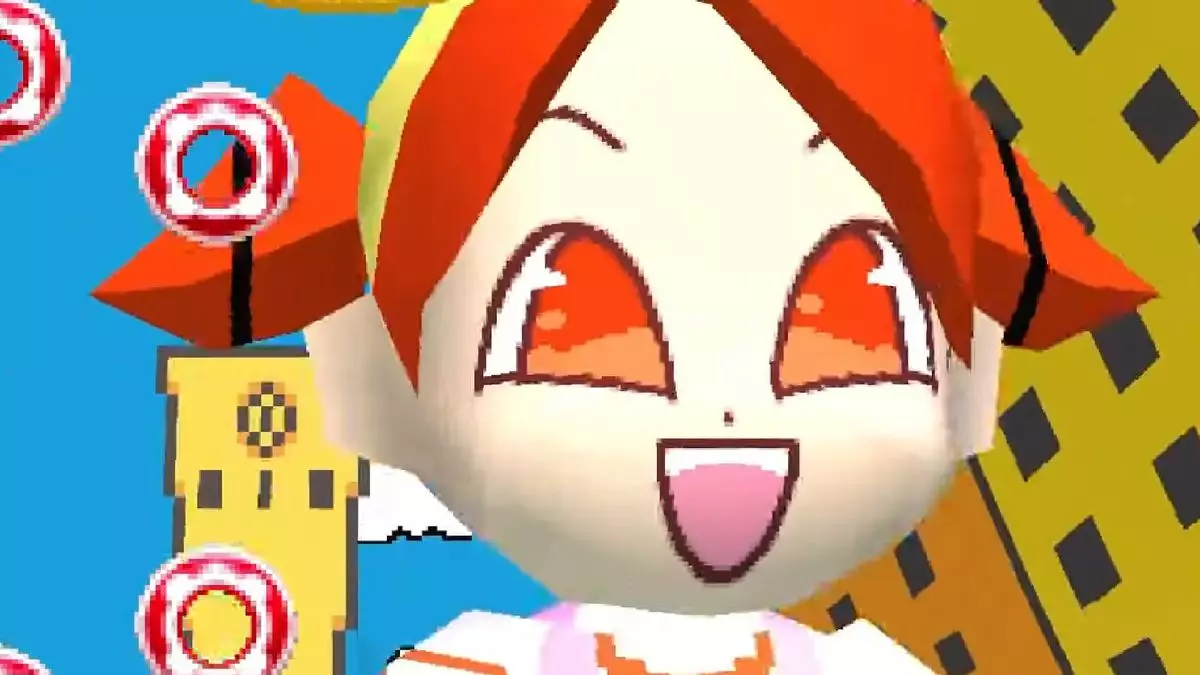In the world of gaming, there are hidden gems that resurface years later, captivating a new generation of players. One such obscurity is Mini-Moni. Shakatto Tambourine! da Pyon!, a Sega-developed PS1 game released only in Japan back in 2002. However, two decades later, an English translation patch has been released, opening the doors to a treasure trove of trivia about turn-of-the-century Japanese pop culture.
Mini-Moni. Shakatto Tambourine! da Pyon! is a rhythm game that offers players the unique option to use a custom tambourine controller for gameplay. The tracklist features songs predominantly from the J-pop idol group Mini-Moni, known for their appearances in ’00s Hamtaro anime films. Fans of the group will appreciate the nostalgic throwback to their music and style from that era.
What makes this game even more intriguing is the fact that it was the only title that Sega developed exclusively for the PS1. While Sega did port a Puyo Puyo arcade title to Sony’s platform, Mini-Moni. Shakatto Tambourine! da Pyon! remains a significant piece of gaming history. Sega’s decision to create a game solely for the PS1, especially after the console’s prime, adds to the curiosity surrounding this unique rhythm game.
After years of being confined to Japanese audiences, the game has finally received an English translation patch thanks to the efforts of Hilltop. This release has sparked excitement among fans of retro gaming and otaku culture. The translation patch is available for download on Hilltop’s Patreon, allowing players to experience the game in English. However, users will need to have their own copy of the original game to apply the patch.
As gaming continues to evolve, it’s essential to look back at these hidden gems that offer a glimpse into the past. Mini-Moni. Shakatto Tambourine! da Pyon! embodies the spirit of ’00s Japanese pop culture and serves as a bridge between generations of gamers. With its unique gameplay, catchy soundtrack, and now accessible English translation, this Sega-developed obscurity has found a new audience eager to dive into its nostalgic charm.

